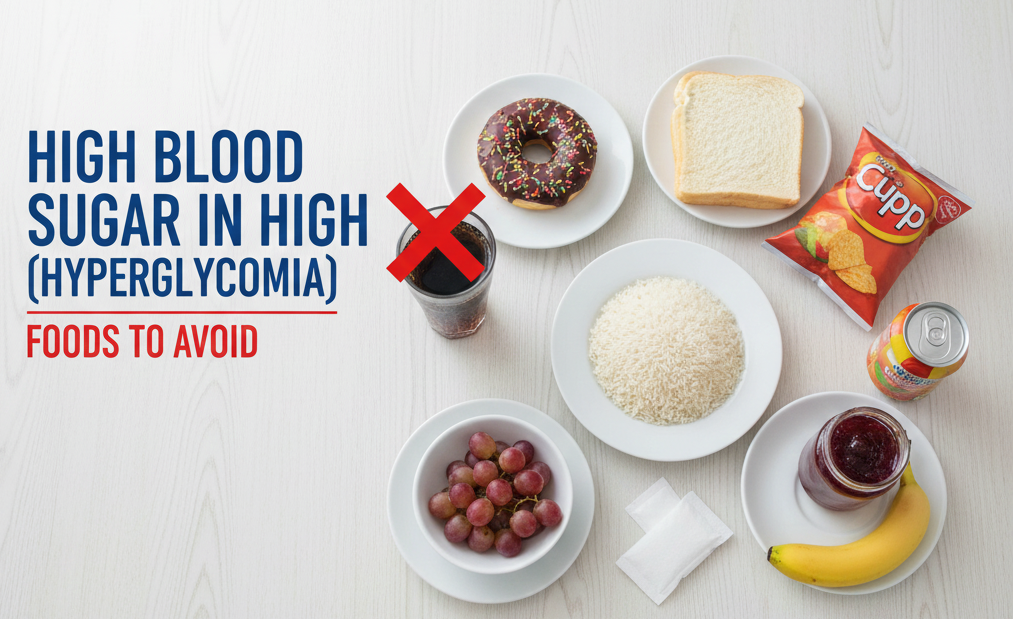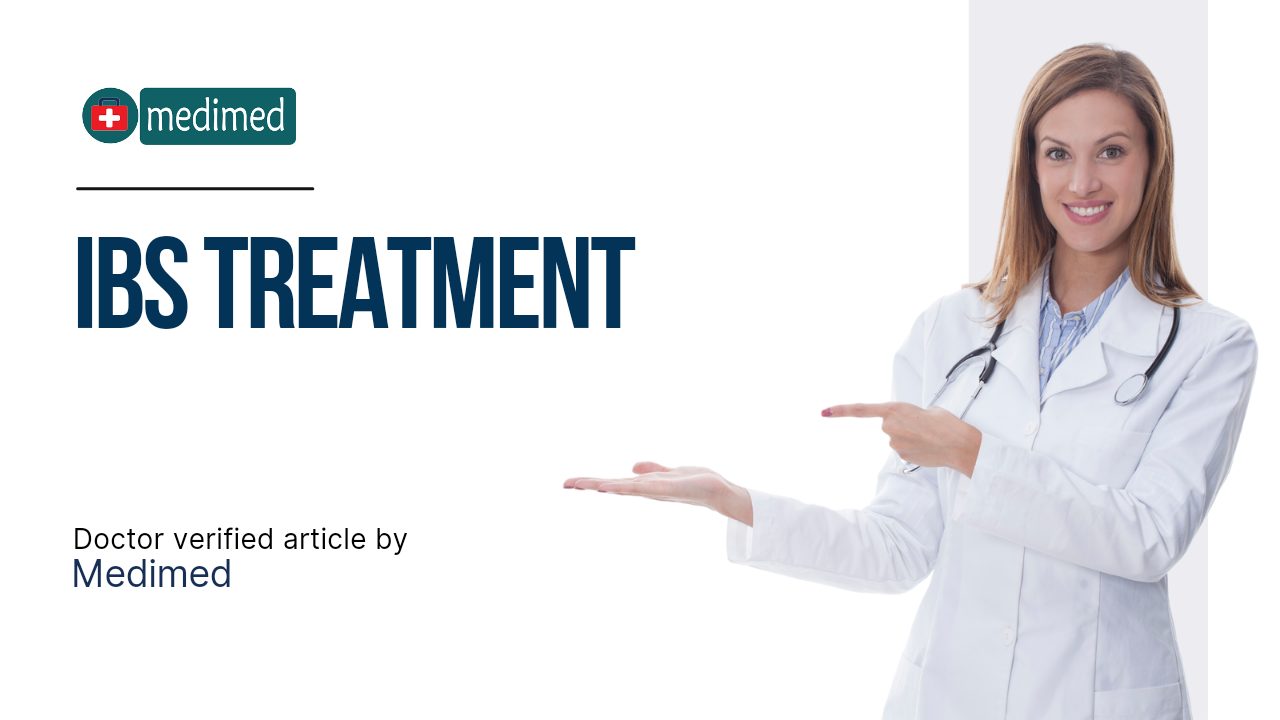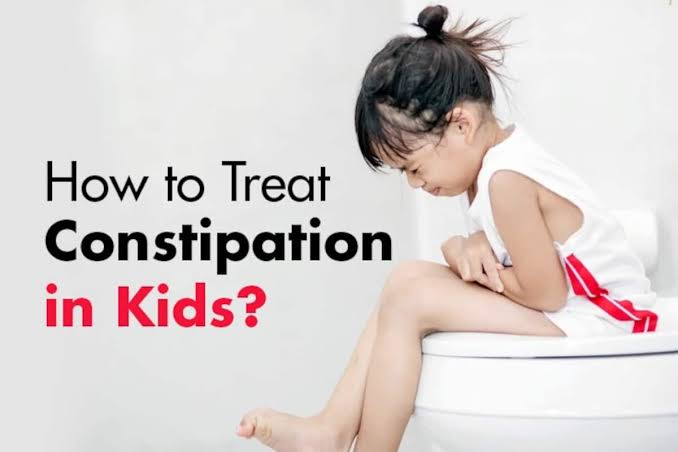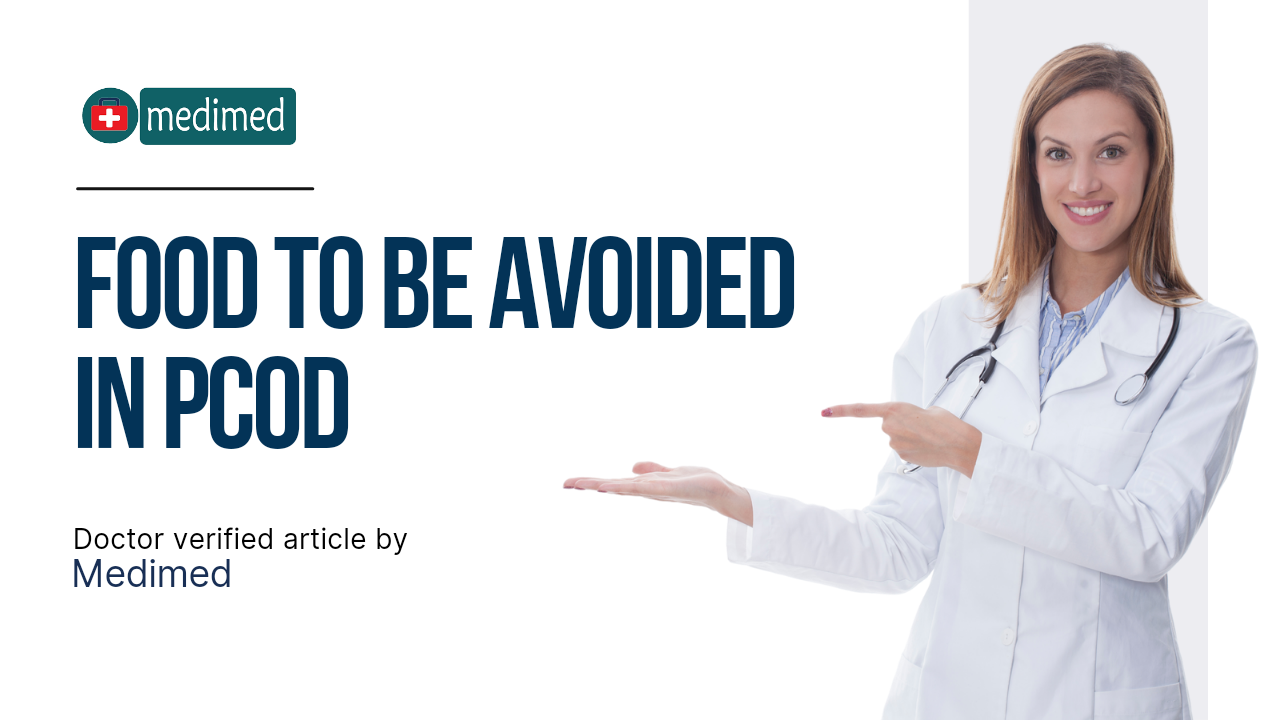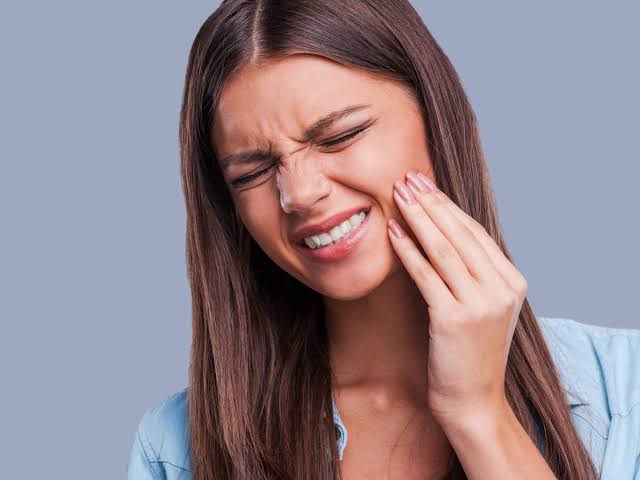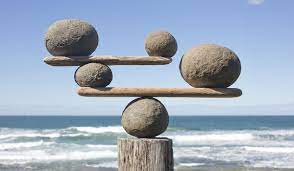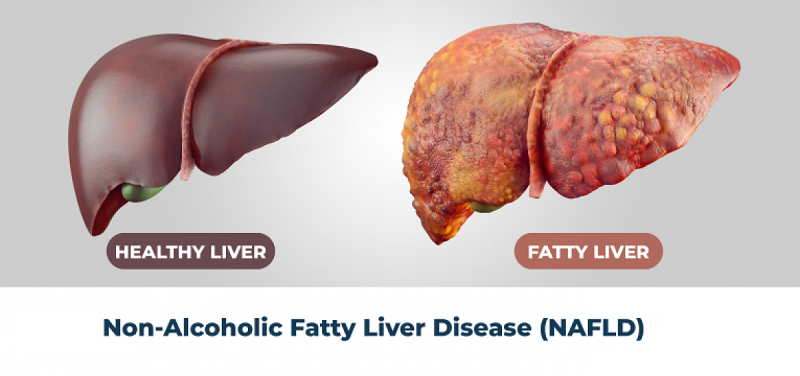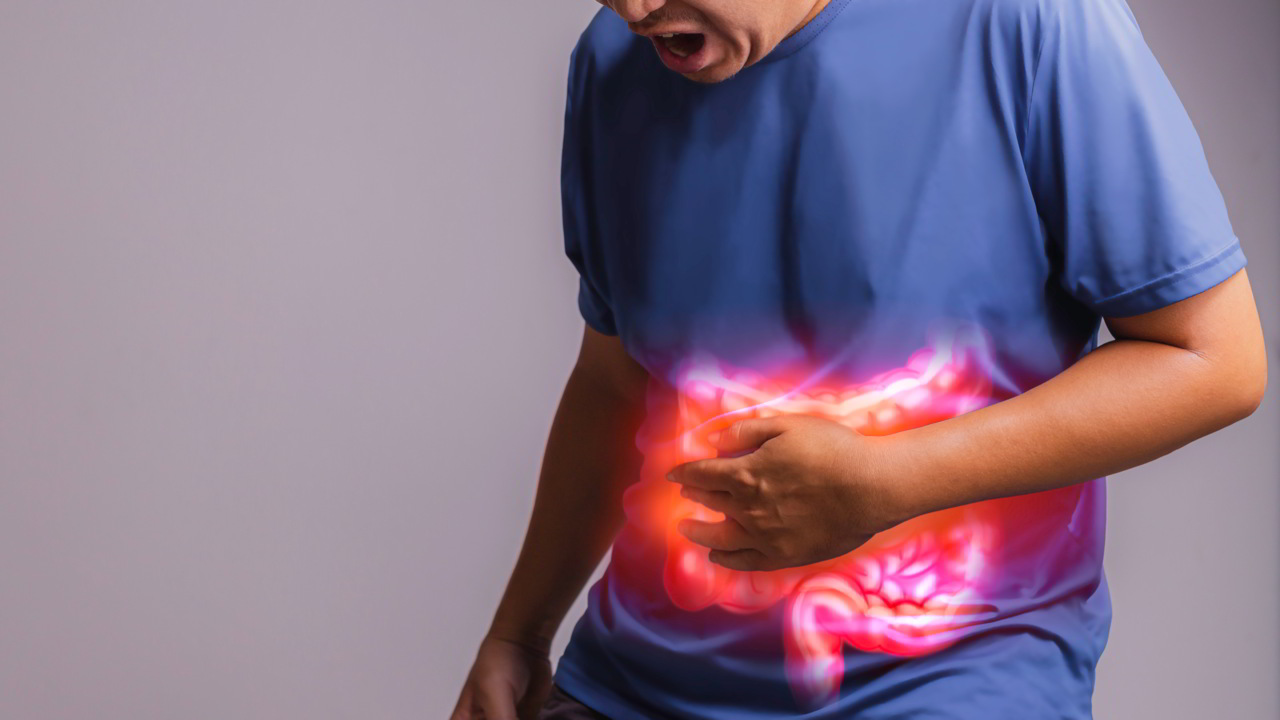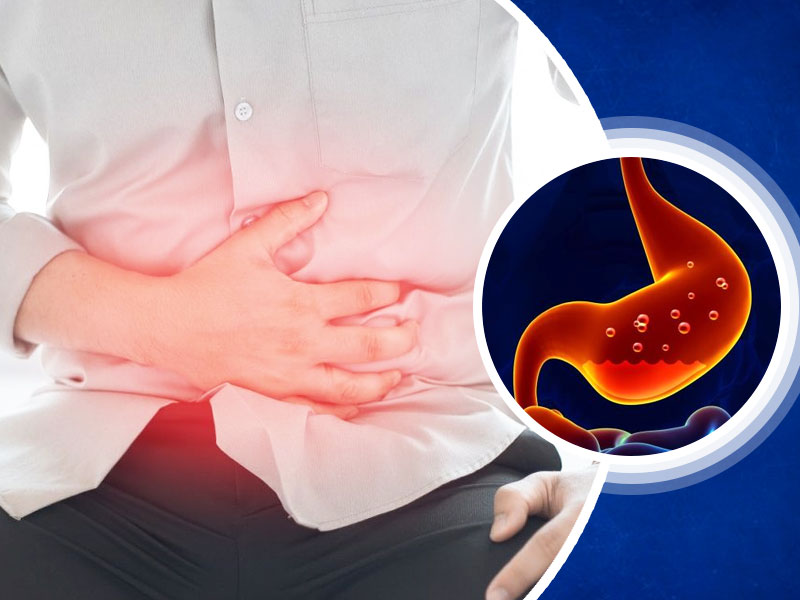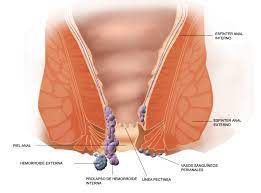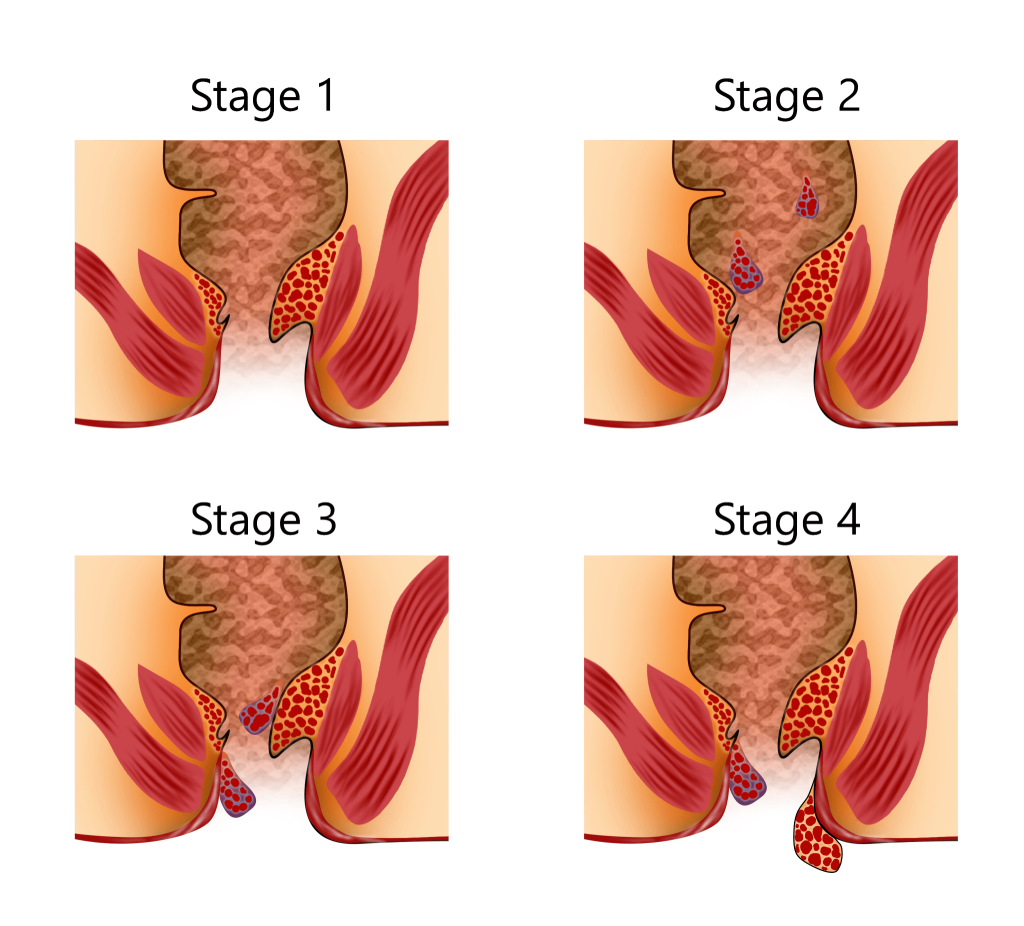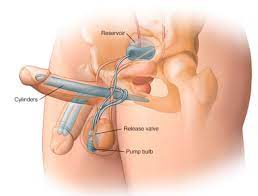Attention Deficit hyperactivity disorder
Certainly, here's a comprehensive overview of ADHD:
**Introduction:**
Attention Deficit Hyperactivity Disorder (ADHD) is a neurodevelopmental disorder that affects individuals' ability to focus, control impulses, and regulate their activity levels. It's one of the most common childhood disorders, but it can persist into adulthood. While the exact cause of ADHD is not fully understood, it's believed to involve a combination of genetic, environmental, and neurological factors.
**Symptoms:**
1. **Inattention:** Individuals with ADHD often struggle to maintain focus and may have difficulty sustaining attention on tasks or activities, leading to careless mistakes, forgetfulness, and disorganization.
2. **Hyperactivity:** Hyperactive symptoms include constant fidgeting, restlessness, and difficulty staying seated in situations where it's expected.
3. **Impulsivity:** Impulsive behaviors manifest as interrupting others, blurting out answers, and acting without considering the consequences.
**Diagnosis:**
Diagnosing ADHD involves a comprehensive evaluation conducted by a qualified healthcare professional, such as a psychiatrist or psychologist. This evaluation typically includes:
1. **Clinical Assessment:** Gathering information about the individual's medical history, developmental milestones, and current symptoms.
2. **Behavioral Assessment:** Observing the individual's behavior across different settings, such as home, school, and social environments.
3. **Diagnostic Criteria:** Assessing whether the individual meets the criteria outlined in the Diagnostic and Statistical Manual of Mental Disorders (DSM-5), which includes specific symptoms and impairment criteria.
**Treatment:**
1. **Medication:** Stimulant medications, such as methylphenidate (Ritalin) and amphetamine-based medications (Adderall), are often prescribed to help improve focus, impulse control, and hyperactivity.
2. **Behavioral Therapy:** Behavioral interventions, such as cognitive-behavioral therapy (CBT) and behavior modification techniques, can help individuals develop coping strategies, organizational skills, and adaptive behaviors to manage ADHD symptoms.
3. **Parent Training:** Education and training programs for parents can provide them with strategies and support to help manage their child's ADHD symptoms effectively.
4. **School Support:** Collaborating with educators to implement accommodations and modifications in the classroom, such as extra time for assignments or preferential seating, can help support academic success.
5. **Lifestyle Modifications:** Establishing routines, promoting healthy lifestyle habits (e.g., adequate sleep, regular exercise, and balanced nutrition), and minimizing distractions can also be beneficial in managing ADHD symptoms.
Overall, a multimodal approach combining medication, therapy, and support from family, educators, and healthcare professionals is often the most effective strategy for managing ADHD and improving quality of life.
Ayurvedic Treatment
In Ayurveda, ADHD is often understood in terms of imbalances in the Vata dosha, which governs movement, communication, and sensory perception. While Ayurveda doesn't offer a direct equivalent to Western medicine's diagnosis and treatment of ADHD, it does provide holistic approaches aimed at balancing the body and mind. Some Ayurvedic treatments and lifestyle recommendations that may help manage ADHD symptoms include:
1. **Dietary Adjustments:** Consuming warm, nourishing foods that are grounding and calming to balance the Vata dosha. This includes cooked vegetables, whole grains, healthy fats, and warm herbal teas. Avoiding stimulants like caffeine and sugary foods can also be beneficial.
2. **Herbal Supplements:** Certain herbs and herbal formulations may help improve focus, concentration, and overall cognitive function. Brahmi (Bacopa monnieri), Shankhpushpi (Convolvulus pluricaulis), and Ashwagandha (Withania somnifera) are commonly used in Ayurveda to support mental clarity and calmness.
3. **Yoga and Meditation:** Practicing gentle yoga asanas (postures) and pranayama (breathing exercises) can help calm the mind, reduce stress, and improve concentration. Meditation techniques, such as mindfulness meditation, can also be beneficial for enhancing attention and emotional regulation.
4. **Ayurvedic Massage (Abhyanga):** Regular self-massage with warm herbal oils, especially those containing grounding and calming herbs like Brahmi or Ashwagandha, can help soothe the nervous system and promote relaxation.
5. **Lifestyle Recommendations:** Establishing a daily routine that includes regular mealtimes, adequate sleep, and consistent daily activities can help stabilize Vata dosha imbalances and support overall well-being. Minimizing sensory overload by creating a calm and organized environment at home and school can also be helpful.
It's important to consult with a qualified Ayurvedic practitioner or healthcare professional before starting any Ayurvedic treatment regimen, especially for a complex condition like ADHD. They can provide personalized recommendations based on individual constitution (Prakriti) and specific imbalances. Additionally, Ayurvedic treatments are often used as complementary approaches alongside conventional medical treatment, rather than as standalone therapies.

